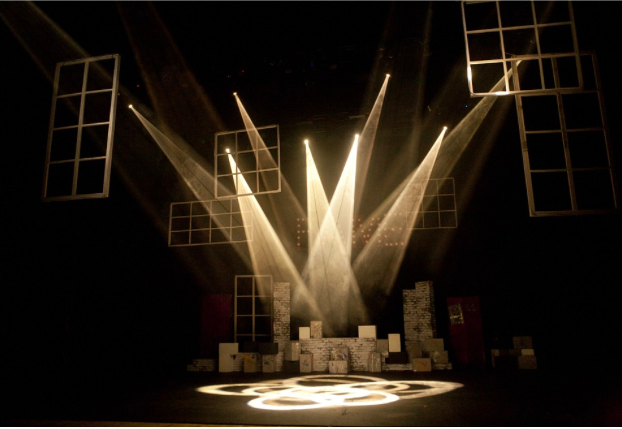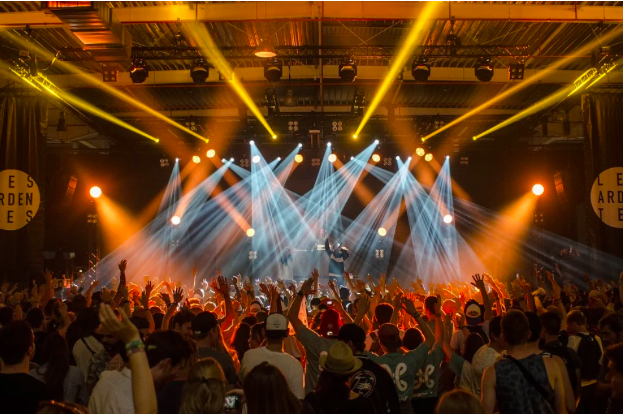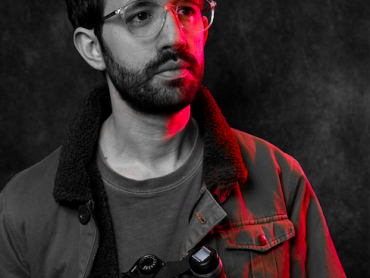Lighting plays a significant role in the stage arts. As an audience member, you see the actors and performers on stage, but you don’t think about the crucial role the lighting crew plays in your enjoyment of the entertainment. In order to light a stage like a professional, you need to learn what makes them great.
Choosing Your Equipment
One of the major considerations that you need to make when considering the lighting of your stage is the equipment itself. There are several factors that you need to look at when it comes to the lights. You need to think about your needs, helping you choose the types of lights you invest in and utilize. You have to consider the brightness and size, colors and varieties of different lights, durability as it pertains to constant movement and possible shipment, and all the peripherals like wiring. You need to also factor in your electronics and management systems to control your lighting. Small shows and gigs may not require as much complicated equipment, while you have to make more specific choices as your business and needs grow. You will always want to have emergency or backup equipment in the event of certain lighting and equipment failure. This is more important for lighting needs where a stage is consistent and set, but also important with portable and makeshift stages, where you might need light on the fly.
Professional Teams
Lighting can be complicated, depending on the job that you have. For smaller events, you can get away with working on your own. These might include photography shoots and small video projects. If you increase the size of your shoots and events, or the lighting requirements get more complicated, you need to start considering hiring others, whether this includes a production assistant to extra lighting technicians and engineers to ensure everything is working to the task. The team behind www.stlsevents.co.uk highly recommend a team of professionals to help assemble and manage your lighting needs, as time is as valuable as money, and you need to be as efficient as possible. As events get larger and the rigs you need an increase in size as well, it will undoubtedly take time to help set up, tear down, as well as manage the lights throughout your shows and events to ensure that everything runs smoothly.
Placement Of Lights
Another key factor that you need to consider when it comes to lighting a stage like a professional is the placement of your lights and where the light sources are coming from. This will depend on various factors like how large the space or stage is, as well as your equipment in terms of quality and light strength and how many lights you actually have. The position of your light will vary, but in all cases, you will have at least one light source in the front of the subject matter. However, a single light will leave your subject in focus and appear more two-dimensional, lacking in shape due to how the light reflects and appears. Unless that is the intention, perhaps a stage effect for a specific show, you will want to consider incorporating more lights. Two will give a subject more shape. Three-point lighting will be ideal when you have multiple subjects on stage. You need to also factor in shadows, and consider the different angles that the audience will view from. Just because you have more lights does not mean it will be better unless you know how to place them in order to maximize their effect.
Rehearsals Are Important For Lighting As Well
A big part of lighting like a professional is the ability to utilize those lights on stage as they are intended, to highlight the performers and stage presence. In order to be able to utilize your lights, you need preparation and practice. Practice and rehearsal are not just important for actors, singers, or other performers. You need to ensure that you go through a run-through with your light technicians during the shows in order to achieve the lighting goals you desire. This will allow you to make adjustments and corrections before your performers take the stage in front of a live audience, as this will limit the adjustments you can make.





